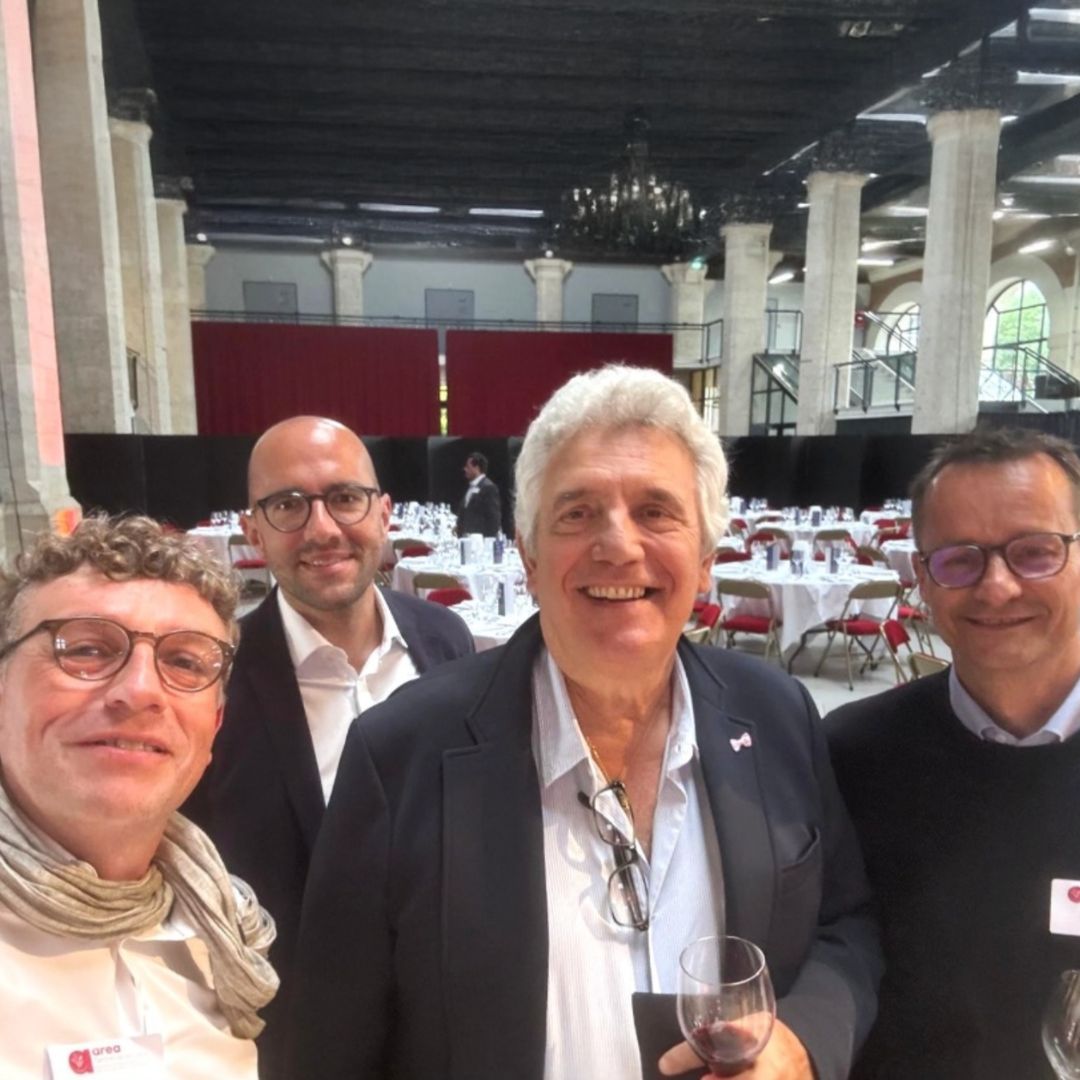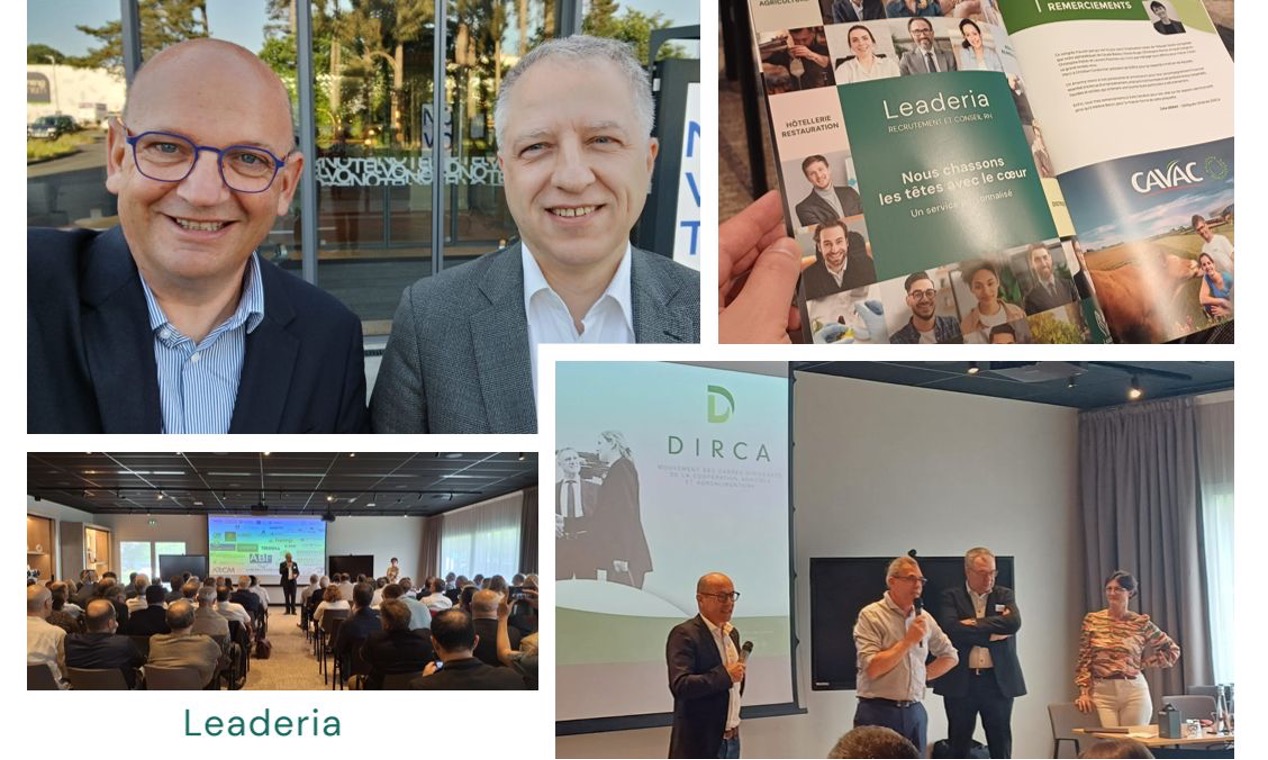
Since the start of the war in Ukraine in February 2021, energy has become scarce, and its price has increased, leading to increased expenses for companies in the agricultural and agri-food sectors. Putting in place an industrial energy resilience plan in transition can provide a concrete answer to this situation!
Interim management is a temporary solution aimed at supporting agricultural and agri-food industries, whatever their activity: machinery, food production, processing, preparation and distribution of finished products, etc.
The interim manager is an expert and a former leader who brings his technical and managerial expertise over a short, determined period, and urgently, to support companies in their energy resilience plan.
The objective of an energy resilience plan for an industrial site is to:
• Sustainably control energy costs
• Control the availability of energy
• Acquiring energy autonomy through the production of renewable energies
• Develop the decarbonization of activities
Energy resilience for industrial sites?
The technical expertise and experience of the interim manager are essential to accomplish these types of missions. Indeed, the construction of the resilience plan implies a perfect understanding of the processes and the functioning of the company in order, as a first step, to implement practices that reduce energy consumption wherever possible, without affecting the smooth running of the business.
The interim manager is also responsible for increasing the value of the energy consumed by selecting the best suppliers, and negotiating demand response contracts and procedures.
Secondly, the interim manager develops an equipment improvement plan, with a view to optimizing the company’s energy consumption.
The third phase of the interim manager’s strategy is to develop a system to rationally recover and reuse all waste energy, either to reinject it into the site’s energy circuit, or to resell it in order to derive profits that will be used to finance the other stages of the energy resilience plan.
Finally, the transition manager researches and implements self-production or local renewable energy supply solutions, from the design of the project and the search for financing, to the delivery of the work.
Thus, the company can ensure its financial stability in a more serene way, thanks to a better use of its energy and the development of its own energy production. At the same time, it develops a lower environmental footprint thanks to the systems put in place, which allows it to benefit from a better image, internally vis-à-vis its employees, but also externally vis-à-vis its employees. its customers, suppliers and potential candidates.
These articles might interest you

We Almost Played Handball with Claude Onesta
Leadership and Performance: What Companies Can Learn from Elite Sports At the AREA Centre-Val de Loire Gala, Claude Onesta, former head coach of the French handball team, delivered an inspiring and practical management lesson by blending his elite sports experience with business challenges. Aurélien VÉTAULT and Louis-Simon FAURE were present to hear a […]

We visited… The DIRCA congress in Angers
Leading Through Uncertainty: Key Takeaways from the DIRCA Annual Congress As agricultural and agri-food cooperatives face a series of profound changes — environmental transitions, regulatory pressures, and technological upheaval — the question of leadership has never been more central. The 2025 DIRCA Congress, the annual gathering of senior executives from the agricultural and agri-food cooperative […]

Interim management: when experience meets AI
From the ground to the table, AI will have taken just a few months to establish itself at every level of the value chain and reshuffle the cards. AI is optimising logistics, reducing waste and streamlining customer paths. The key role of interim management But while […]